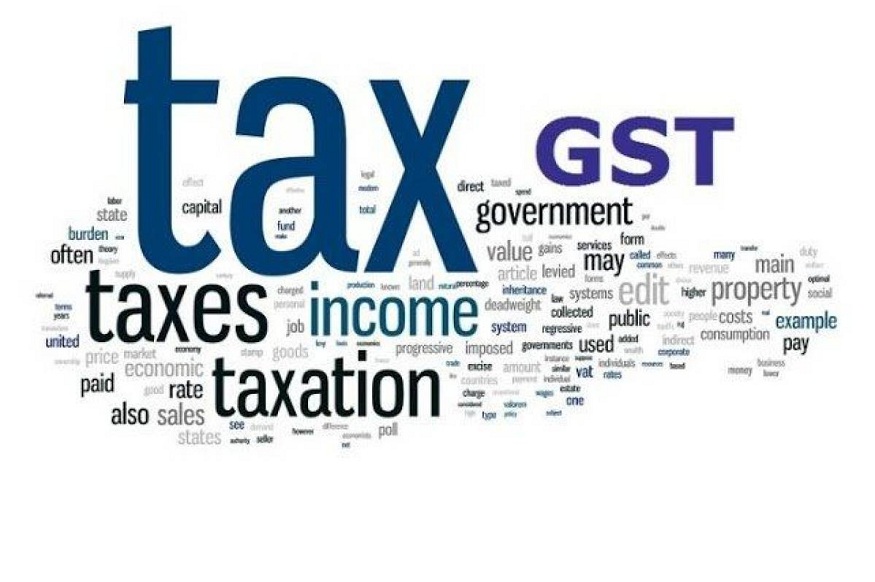Globalisation has resulted in a large number of Indians getting jobs in foreign countries and viceversa. The individuals, living temporarily or permanently in a country other than the country where they have been brought up or have legal residence, and working abroad on deputation or temporary transfer, are called expatriates.
Although the Indian Income Tax Act 1961 does not define expatriate taxation, it states the conditions for the incidence of tax. These include:
- The residential status of a person
- Provisions for the assessment year to which the income relates
- The relation of the receipt of such income to India
In India, the income earned by foreign expatriates for services rendered in India is taxable under the head “salaries”. The taxation system followed for expatriates is that a hypothetical or advance tax is deducted from their salary in the home country, while the actual tax in respect of the income from employment in the home country as well as India is borne by the employer. An income tax calculator can be used to find out the tax payable by the employer of the expatriate.
Norms for Expatriates Coming to India
All expatriates coming to India on a long-term visa of more than 180 days have to get an FRRO, or ‘Foreign Regional Registration Office’, registration within 14 days of their arrival in the country. The registration process also requires the expatriate to submit a copy of his PAN or Permanent Account Number.
The Income Tax Act provides for these expatriates to get a ‘No Objection Certificate’ by filling out Form 30A. This form is an undertaking by the expatriate’s employer that any future tax liability arising in the case of the expatriate will be borne by the employer.
Calculating the Income of Expatriates Coming to India
As per law, all income accrued or received in India is taxable. Similarly, all income earned through businesses controlled in India is taxable. In addition, any amount that is relatable to the service period and received preceding/succeeding the assignment period will also form a part of salary income. Different types of ITR forms are available for people eligible for filing taxes.
The residential status of the expatriate does not make any difference to the tax liability on the salary income earned by rendering services in India. If the salary is paid in foreign currency, it will be converted into Indian currency for tax calculation. The conversion rate is the telegraphic transfer buying rate on the last day of the month in which the salary is due or paid.
The TDS. or the hypothetical tax,applies to the income of the expatriate for services rendered in India. The salary is converted into Indian currency for calculating the tax deduction and the conversion is done at the telegraphic transfer buying rate on the date of deduction.
Salary Income of Expatriates Coming to India
An inbound expatriate is liable to pay taxes in India for all the income received on rendering their services in India subject to the exemptions available under the Income Tax Act and the DTAA. The salary income of expatriates will include:
- Daily allowances (some exemptions are available in case of allowances related to short-term business travels)
- Relocation allowances (exempted from tax if the expense can be substantiated with proper documentation)
- Contributions to the Provident Fund or Social Security(applicable for expatriates wherein they have to contribute 12% of their salary to the PF, with the employer also required to contribute towards insurance schemes specified under the EPF act)
- Employee stock-based incentives – in cases where an expatriate is based in India only for a part of the vesting period, only the proportionate amount is taxable
- Perquisites for home leaves -any reimbursement of expenses incurred on home leave travel for journey outside India for an expatriate along with his family is fully taxable in India.
- Short-Stay Exemption-Income earned by expatriates during their short-stay in India (not taxable if the expatriate is not a citizen of India or the stay in India is not more than 90 days)
The rates applicable for expatriate tax are the slab rates for non-residents as per the Income Tax Act.

